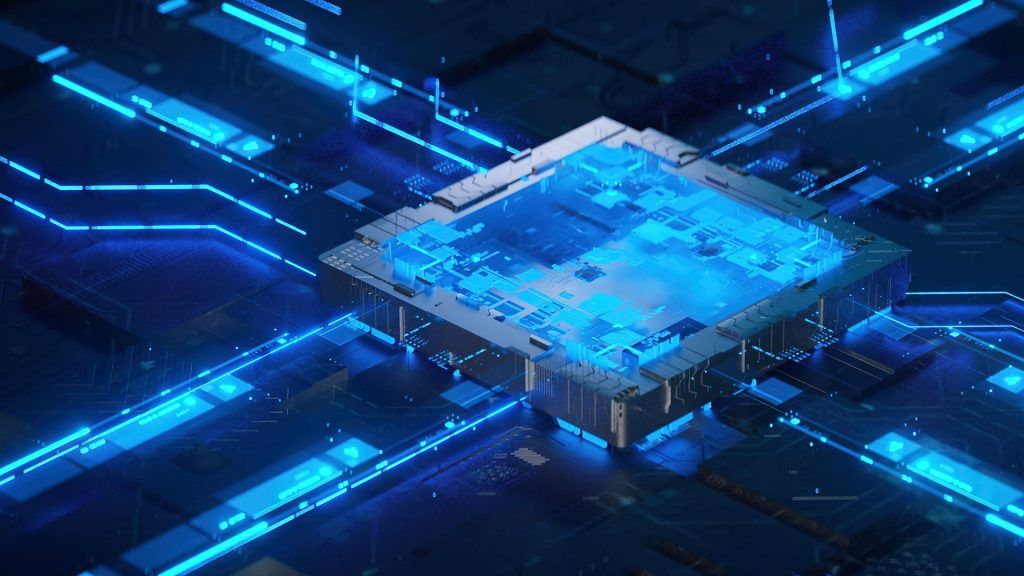Intel has reduced its sales and in several cases have required specific government authorizations or exemptions because of U.S. trade restrictions imposed on China.
In total, $3.2 billion, or 6%, of Intel’s revenue, was dependent in 2023 on U.S. government export control authorizations, an amount the company expects could increase in future years.
Particularly, geopolitical and trade tensions between the two nations have led to increased tariffs and trade restrictions, including tariffs applicable to some of Intel’s products, and have affected its customers’ ordering patterns.
In addition, the United States has imposed export restrictions on U.S.-regulated products and technology to certain Chinese technology companies, including some of its customers.
Specifically, in 2022, the United States significantly increased controls on exports of semiconductor and artificial intelligence manufacturing equipment and advanced computer products.
Intel
In 2023, the U.S. increased restrictions in all three areas and also worked with Japan and the Netherlands to align with additional restrictions on semiconductor manufacturing equipment.
During this time, the United States has added more and more Chinese companies to the banned lists.
In response, China has restricted U.S. access to certain minerals and has prevented certain companies that supply products to Taiwan‘s military from selling products in China.
Competition
Chinese companies have demonstrated their ability to produce high-end chips, despite U.S. export controls.
According to the U.S.-China Commission (USCC), in September 2023, Huawei began selling the Mate 60 Pro smartphone, which reportedly uses a Chinese-made chip with characteristics that closely approximate those of U.S.-controlled semiconductor technology.
The Kirin 9000, produced by China’s state-owned Semiconductor Manufacturing International Company (SMIC) and designed by Huawei subsidiary HiSilicon, is capable of connecting to 5G networks and has features consistent with a 7nm chip, a technology previously limited to Samsung, Intel and TSMC semiconductors.

